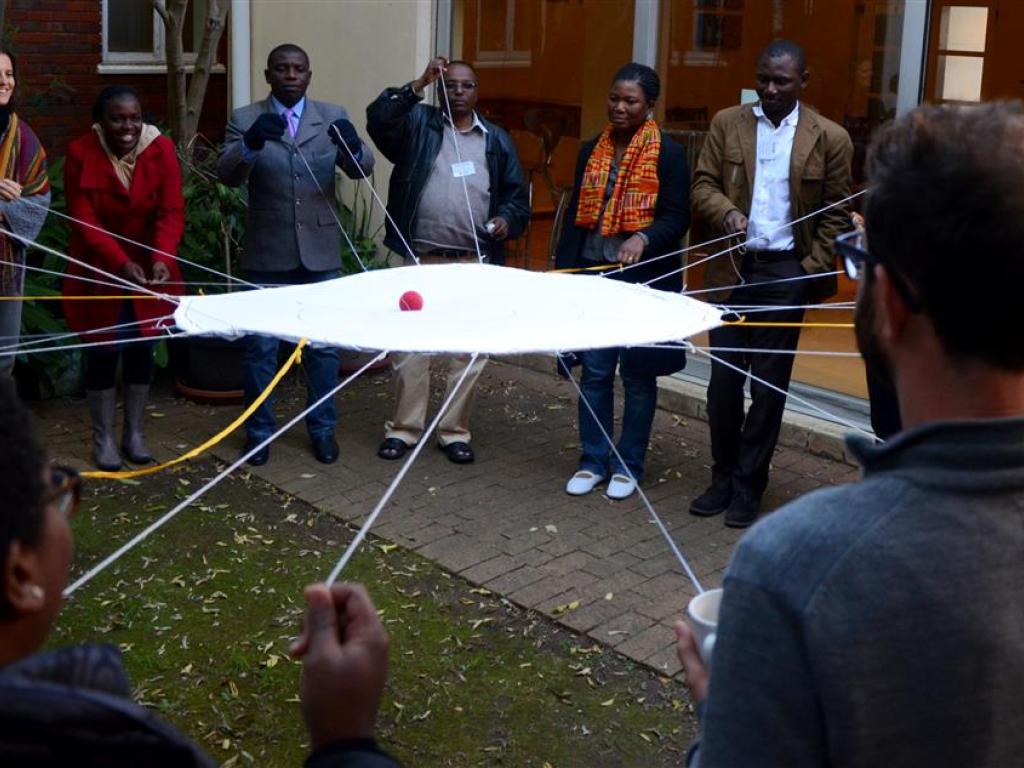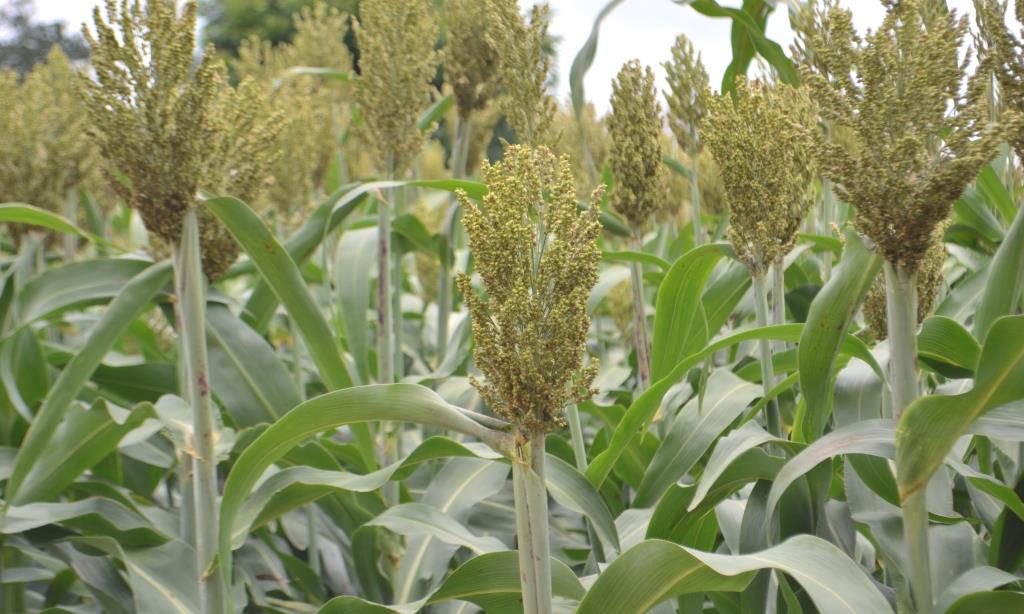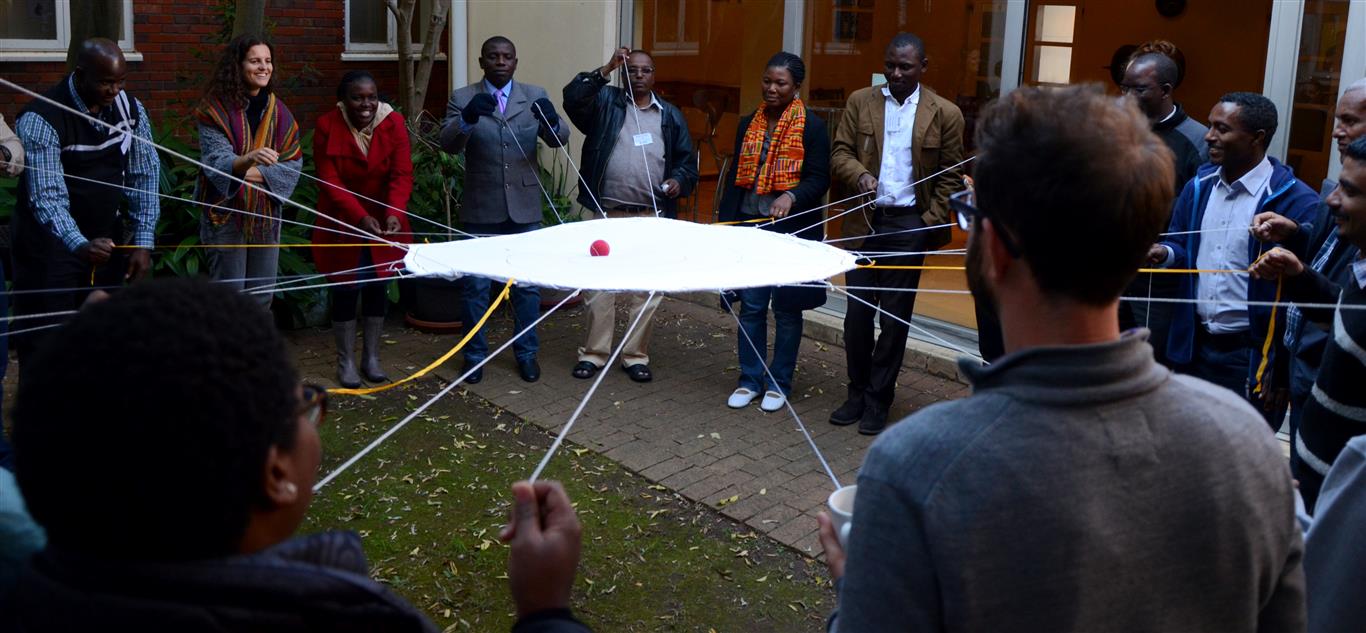An ASSAR event in South Africa shaped my career path

PhD student Alcade Segnon attended a two-week training event that changed the direction of his studies for good.
By Alcade Segnon, ASSAR PhD student, University of Ghana

Immediately after I joined ASSAR as a PhD student, I was involved in an ASSAR event, a two-week training on climate information. The training was organised by the African Climate and Development Initiative (ACDI) and the Climate System Analysis Group (CSAG), both based at the University of Cape Town in South Africa.
Before undertaking this training, my aim for the end of my ASSAR journey was to become a climate system scientist because this kind of expertise is not common in West Africa, especially in my home country, Benin. Moreover, this expertise will be needed more in the future due to the expected increase in climate variability and change, and its impact on people and their livelihoods.
Therefore I was excited to have an opportunity to learn at the prestigious CSAG which has the latest knowledge in the field. I gained a lot from this training and this new understanding of climate science and information has greatly changed my career path. Through the training, not only did I realise about the high degree of complexity in climate science, but also that working as a climate scientist requires accurate data, mentoring and high-tech equipment, none of which are readily available in my country. As a result, I have changed the focus of my studies to farming system modelling and simulation, which better aligns to my agronomy background and will certainly be part of my PhD thesis.
In ASSAR, I have also learned that “one can’t save the world alone”. One of the strengths of the ASSAR consortium is that it brings together people from different backgrounds from physical to social and applied sciences, but who all have the same goal. Working in a consortium can also be challenging though. Sometimes I have the feeling that I am losing my independence and progress is slower than I would like.
Before ASSAR I had learnt to work independently, but in ASSAR I am learning to work together.

Before I joined ASSAR, I was involved in a multidisciplinary collaborative research programme called “Convergence of Sciences", involving Benin, Ghana, Mali and the Netherlands. In the water resource management domain where I worked, we were struggling to find a way to bring stakeholders together. The agro-pastoral dam users had different interests and goals which led to the degradation of shared resources. As a result, we used the innovation platform approach to find a solution, but unfortunately, this collapsed at the end of the programme. If we had known about Transformative Scenario Planning (TSP), we would have perhaps had better results because of its relevance in this type of context - where a common resource has been degraded and all the stakeholders identify the need to do something to change the situation.
Through ASSAR, I have also learned the tremendous possibilities of collaborative work, as offered by Google apps. This has helped me to address a question I had been asking myself for some time about collaborative writing: How do people from different departments, universities, countries and continents manage to come up with a research paper in which everyone has effectively contributed?